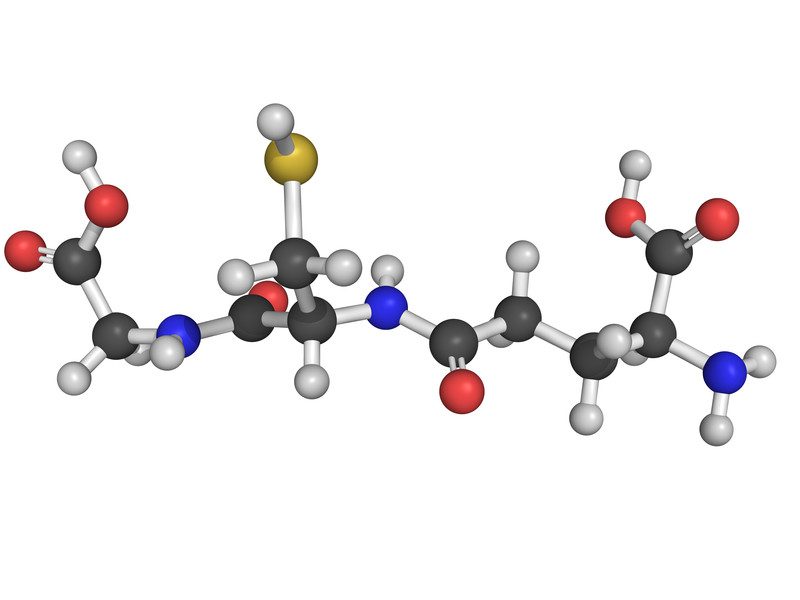What is Glutathione?
Why is glutathione important?
How do I get glutathione?
How else can I raise my blood level?
- Alpha Lipoic Acid
- Milk Thistle
- MSM
- Melatonin
- Curcumin
- N-Acetyl Cysteine
Your body can also recycle your existing glutathione with the help of the following vitamins and minerals:
- Vitamins: C, E, B vitamins, active folic acid (L-5MTHF)
- Minerals: selenium, zinc, vanadium, magnesium
Too Much of a Good Thing?
There is some research that has found higher levels of glutathione in cancer cells. It may be that the cells have increased their own level as a means of protecting themselves. It may safeguard them from damage by cancer treatment drugs. Or it may be that cancer cells are trying to keep themselves from undergoing normal cell death, known as apoptosis.
Should you supplement with glutathione?
I would say no, for the reasons that I have already mentioned:
- It’s poorly absorbed
- It’s quickly broken down in your gut and
- Until we fully understand why glutathione is higher in cancer cells, it may be best to avoid artificially increasing it.
Use of some of the above supplements that help support healthy internal production of it or recycling of it seems like safer options.
For more advice about supplements, talk to one of our naturopathic doctors.
Authored By Dr Pamela Frank, BSc(Hons), ND
References:
Yilin Liu, Annastasia S. Hyde, Melanie A. Simpson, and Joseph J. Barycki. Emerging regulatory paradigms in glutathione metabolism. Adv Cancer Res. 2014; 122: 69–101.
Matthew Butawan, Rodney L. Benjamin, and Richard J. Bloomer. Methylsulfonylmethane: Applications and Safety of a Novel Dietary Supplement. Nutrients. 2017 Mar; 9(3): 290.
Antonio Carrillo-Vico, Patricia J. Lardone, Nuria Álvarez-Sánchez, Ana Rodríguez-Rodríguez, and Juan M. Guerrero. Melatonin: Buffering the Immune System. Int J Mol Sci. 2013 Apr; 14(4): 8638–8683.
Jianguo Lin, Youcai Tang, Qiaohua Kang, Yunfeng Feng, and Anping Chen. Curcumin inhibits gene expression of receptor for advanced glycation end-products (RAGE) in hepatic stellate cells in vitro by elevating PPARγ activity and attenuating oxidative stress. Br J Pharmacol. 2012 Aug; 166(8): 2212–2227.
